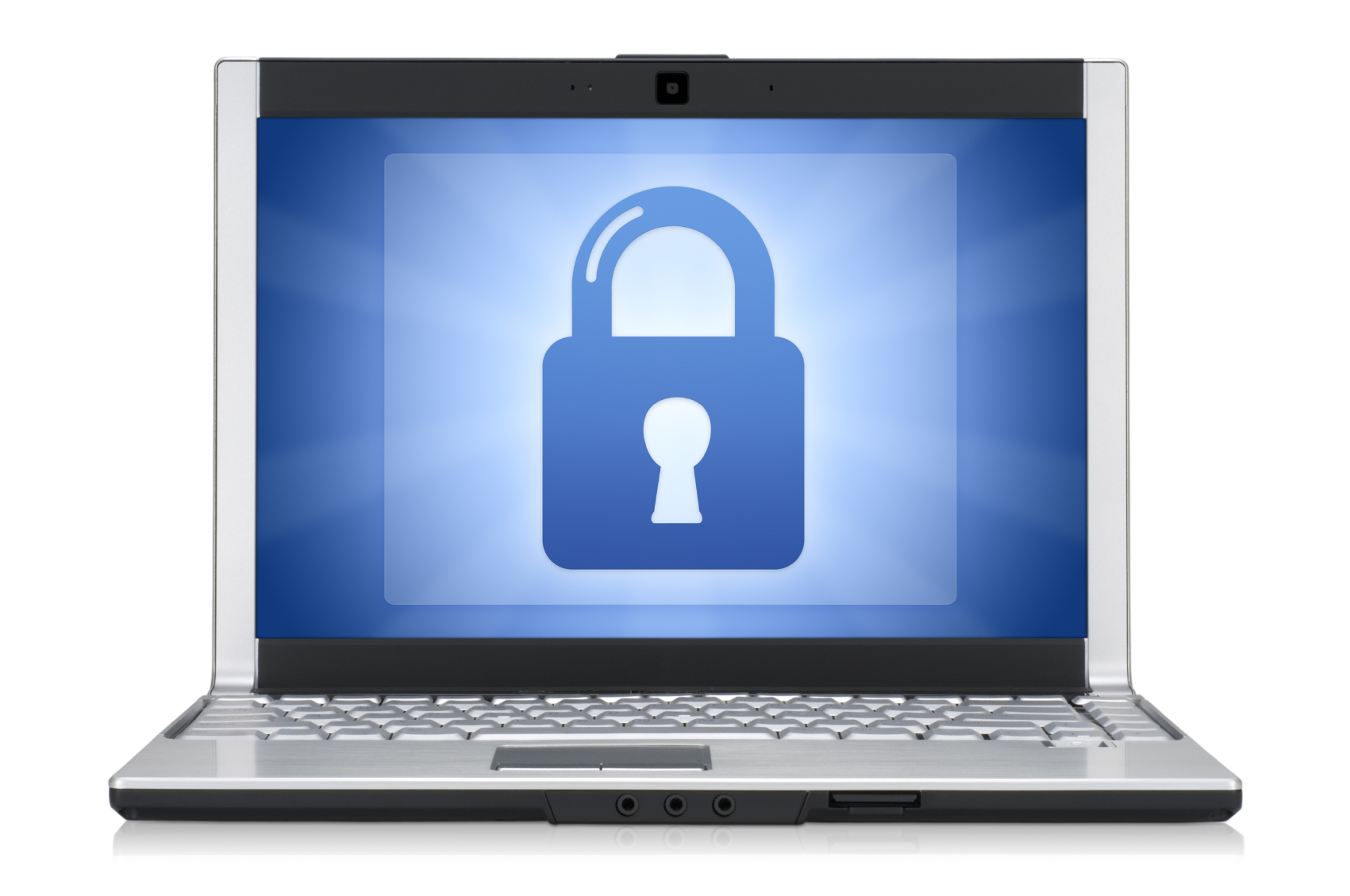
REPLACING THE PASSWORD
Security is one of our most important concerns in use of the internet. Carelessness can expose our devices to malware and hacking, and we risk our bank accounts and our identities.
The password is a partial solution, our best attempt to limit the risk in internet use. It’s not a perfect defense, though, and it brings its own drawbacks. Passwords that are easy to remember may also be easy for hackers to guess. More difficult passwords we can forget more easily, and we can be locked out of our devices or our secured sites. With multiple passwords, we compound the burden on memory.
In the future, even the best, most complex passwords may not be adequate defenses. As hackers gain access to ever more processing power, brute force attacks could overcome even our most sophisticated encryption efforts. What, then, can we do?
In the long run, replacing the password may be our only realistic chance of protecting our data, our money, and our identities. But what will you replace your password with?
One of the most promising new security protocols is use of biometric data. Replacing your password with a fingerprint, a facial scan, or an iris scan would save having to remember a complex code. A hacker can’t duplicate your features, your fingerprint, or your retinas. It wouldn’t matter how much processing power he had. Without physical access to your computer, he couldn’t break the code.
Dell, Microsoft, Digital Persona, and a few other vendors sell fingerprint scanners for computer security. All sell at retail for less than $80.00. One sells for less than $20.00. After installing your scanner, you can log in just by pressing your finger in the designated slot. You’ll never need a login password again.
Iris or retinal scanners are commonly used for airport and military security. They are too expensive for most consumer uses, but this is expected to change. Improvements in sensor technology will drive prices downward.
One of the most important technologies replacing the password will be machine learning. Ray Kurzweil, one of the most famous computer scientists, as well as a prominent author, inventor, and futurist, said that in the future “the machine will learn you”. Advanced software algorithms will learn the habits of computer users. Eventually, your computer will know your patterns of use and the cadence of your keystrokes. Your computer could detect attempted hacking simply because the hacker’s use patterns will differ from yours. No other security protocol will be necessary.
For now, replacing your computer passwords with more advanced security tools requires time, effort, or money. Before long, you won’t need to expend extra effort or money, as all computers and (legitimate) websites will have adequate security tools built in.
Meanwhile, you may have to rely on your memory.

